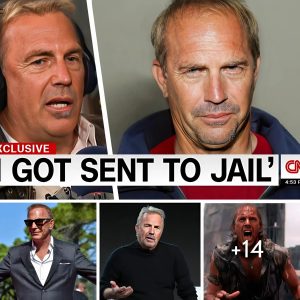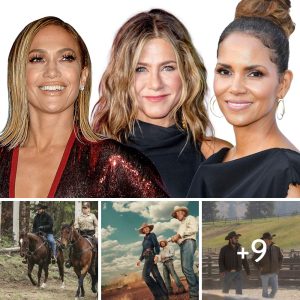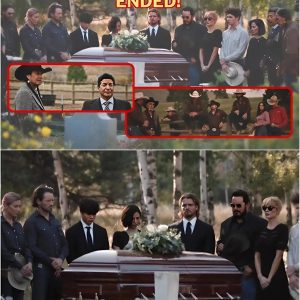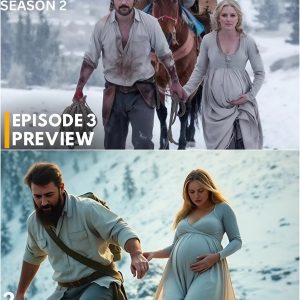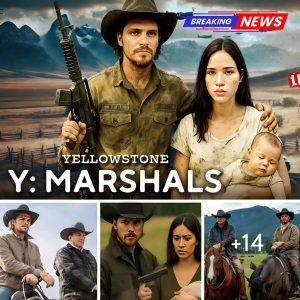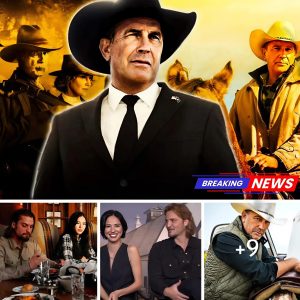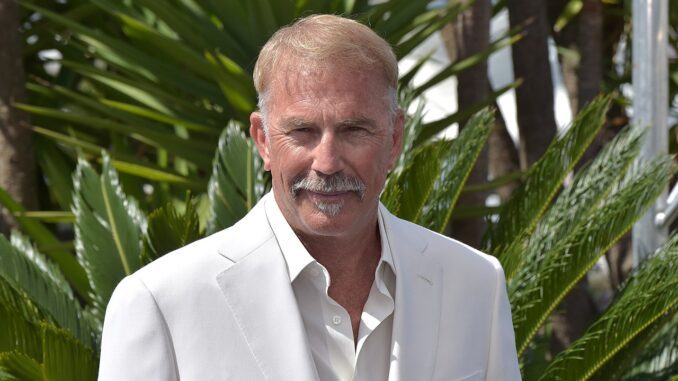
Inside Kevin Costner’s Life After Yellowstone: What’s Next for the Star
The news landed like a sudden, jarring chord in a familiar melody: Kevin Costner, the stoic patriarch John Dutton, was departing Yellowstone. For millions, he wasn’t just an actor playing a role; he was the land, the ranch, the very heart of America’s most popular contemporary Western. His abrupt exit from the dust-choked drama left a void, not just in the series, but in the public’s understanding of one of Hollywood’s most enduring and enigmatic stars. What happens when the cowboy rides off into an unexpected sunset, especially one he didn’t quite choose? The answer, for Costner, is not an ending, but a defiant, self-penned new beginning, rooted deeply in the soil of his own cinematic dreams.
For five seasons, Costner had embodied the rugged, unyielding spirit of the American West on Yellowstone, resurrecting a genre and cementing his own legendary status within it. He was a ranchland monarch, a figure of uncompromising authority, his steely gaze reflecting the wild, untamed beauty of Montana. The show’s unprecedented success, however, masked a simmering tension behind the scenes, fueled by creative differences and scheduling conflicts. Costner, ever the independent spirit, the artist who once risked his own fortune to make Dances With Wolves, found himself at odds with the demands of a sprawling television empire. The parting was messy, public, and seemingly acrimonious, amplified by concurrent personal struggles, including a high-profile divorce. The world watched, wondering if this was the fading light for an aging icon, a capitulation to the relentless machinery of Hollywood.
But to mistake Kevin Costner for a man who bows to external pressures is to fundamentally misunderstand his decades-long career. He is not merely an actor for hire; he is an architect of worlds, a storyteller whose vision is often grander than the studios are willing to fund. The departure from Yellowstone, rather than a retreat, became an inadvertent liberation, a seismic shift that allowed him to pour every ounce of his formidable will into a passion project he has nurtured for over three decades: Horizon: An American Saga.
Horizon isn’t just “what’s next” for Kevin Costner; it is everything that’s next. It is an audacious, multi-chapter Western epic that he has not just directed and starred in, but largely self-funded – a declaration of artistic war on the very notion of creative compromise. He reportedly mortgaged property, dipped into his own considerable wealth, and channeled his entire being into bringing this ambitious vision to life. This isn’t a reaction to the Yellowstone split; it’s the culmination of a lifelong dream, a return to the open plains of his own imagination where he reigns supreme.
For Costner, the American West is not just a setting; it’s a character, a philosophy, a crucible where human nature is tested against the vastness of the land. Horizon promises to explore this with an unflinching gaze, charting the expansion of the West through the interwoven stories of disparate characters, from homesteaders and Native Americans to soldiers and outlaws. It’s a return to the sweeping scope and historical meticulousness that defined Dances With Wolves, a film that won him two Oscars and reshaped the Western genre. This time, however, the stakes are higher, the personal investment profound.
